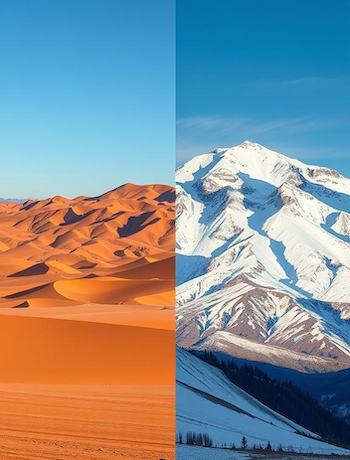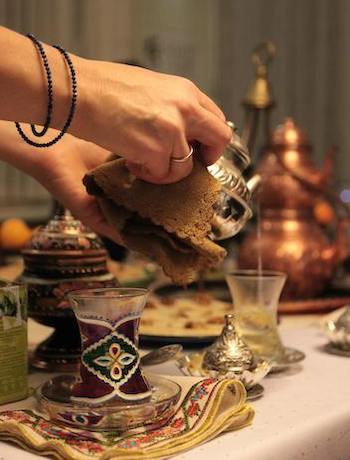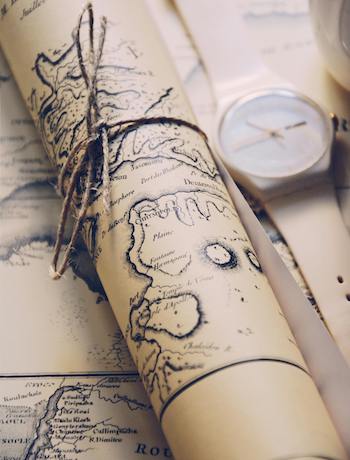 Morocco Marvels
Morocco Marvels Money Matters : Currency, Exchange Rates, & Tipping
The official currency of Morocco is the Moroccan Dirham (MAD), often abbreviated as DH. While some establishments catering to tourists may quote prices in Euros or other major currencies, transactions are typically conducted in Dirhams. It's advisable to exchange your currency upon arrival at authorized exchange bureaus in airports, banks, or some hotels, as street money changers often offer unfavorable rates. Keep your exchange receipts, as they may be required if you wish to convert any remaining Dirhams back to your home currency upon departure.
Exchange rates fluctuate, so it's a good idea to check the current rate before your trip and during your stay. Major currencies like Euros, US Dollars, and British Pounds are generally easily exchangeable. Credit and debit cards are accepted in larger hotels, restaurants, and shops in tourist areas, but smaller establishments and souks primarily operate on a cash basis. It's wise to carry a mix of cash for smaller purchases and cards for larger expenses. ATMs are widely available in cities and larger towns, allowing you to withdraw Dirhams as needed, though be mindful of potential withdrawal fees from your bank.
Tipping is a customary practice in Morocco and is generally expected for good service. In restaurants, a tip of 10-15% is common if service is not already included. For taxi drivers, rounding up the fare or adding a small tip is appreciated. Hotel staff, such as porters and cleaners, also appreciate small tips for their assistance. When on guided tours, it's customary to tip your guide at the end of the tour, with the amount depending on the length and quality of the service.
Being prepared with the local currency and understanding tipping etiquette will contribute to a smoother and more respectful travel experience in Morocco. While card payments are becoming more common, having sufficient cash on hand, especially when exploring medinas and smaller towns, is highly recommended. Remember to budget accordingly for tips as part of your overall travel expenses.






